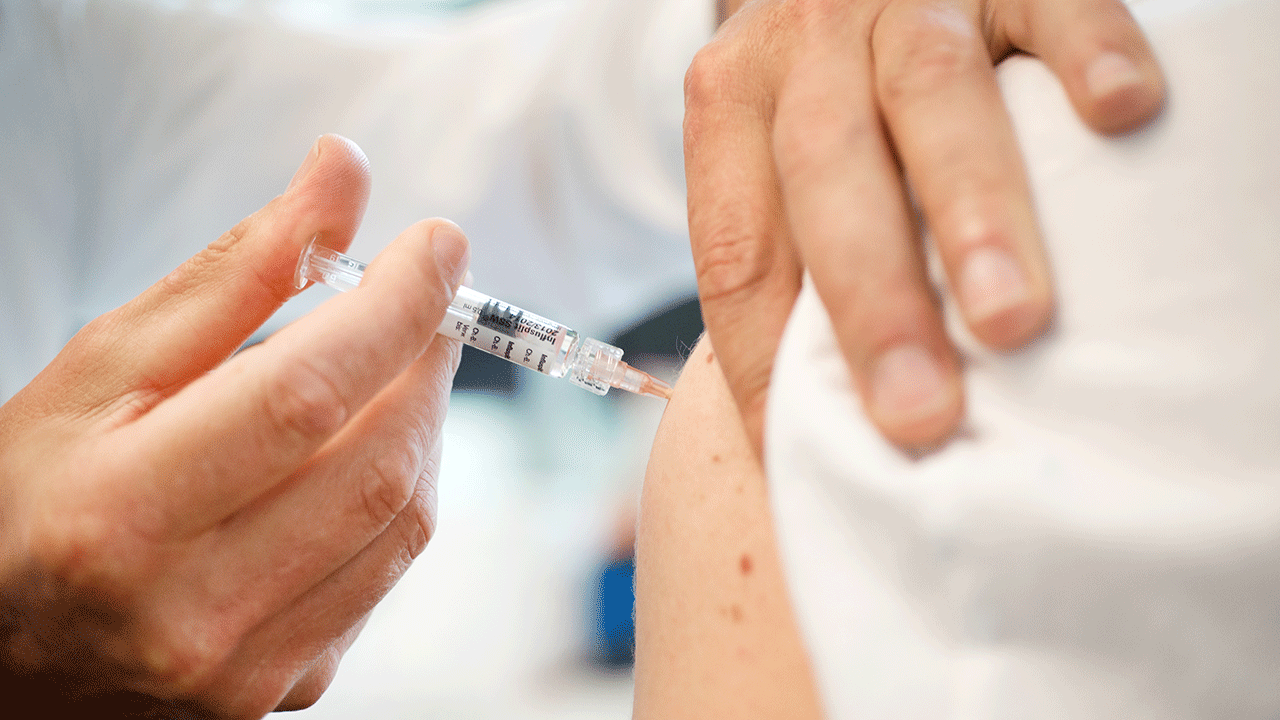PHCC Celebrates World Immunization Week Under ‘Long Life for All’ Slogan

World Immunization Week is a global public health campaign that takes place each year during the last week of April to raise awareness and increase immunization rates against vaccine-preventable diseases worldwide. It aims to promote the use of vaccines to protect people of all ages against diseases.
Under the slogan ‘Long Life for All’, World Immunization Week promotes the importance of vaccination in bringing people together, and improving the health and wellbeing of everyone, everywhere. Immunization saves millions of lives every year and it is widely recognized as one of the world’s most successful health interventions.
Dr. Zainab Shehata, Family Medicine Specialist & Coordinator of Communicable Diseases at PHCC’s Preventive Health Department, said that the importance of immunization lies in preserving one’s health and protecting against preventable diseases, as well as disease complications, such as limb paralysis, hearing loss, or brain damage. In addition to maintaining society’s health, immunization reduces the spread of diseases, leading to a healthy society free of infectious diseases.
As vaccines are one of the most effective tools for preventing outbreaks and maintaining the world’s safety, there is a need to increase trust and confidence in vaccines to maintain or increase vaccine acceptance, and increase investment in vaccines, including routine immunization, to remove barriers that constrains access to vaccines.
Dr. Shehata added, “while being in the midst of the largest vaccination campaign in Qatar to protect against COVID-19, there remains a need to ensure routine vaccinations are not missed. Many children have not been vaccinated during the global pandemic, leaving them at risk of serious diseases like measles and polio. Rapidly circulating misinformation around the topic of vaccination adds to this threat.”
PHCC provides all routine vaccines free of charge to all people at its 28 health centers. It also publishes awareness messages on social media platforms and on display screens in all of its health centers, and sends text messages for its staff aimed at raising awareness among citizens and residents regarding the importance of vaccines and their effective role in eradicating infectious diseases, as well as increasing the rate of vaccination coverage.
Dr. Shehata commended the activation of community engagement for vaccines and efforts to raise awareness among people, as COVID-19 pandemic has affected millions of people worldwide and has led to a great loss of human life. She noted that antiviral vaccines are being developed to protect people from this virus, as vaccination is a critical intervention that helps protect the people from COVID-19, especially when combined with basic behavioral measures.
The World Health Organization (WHO) has recommended that each country develop a strategy to increase the acceptance and demand for vaccination. Employing such strategy would require a strong community engagement to address issues of vaccine trust, acceptance, and demand, and would answer questions related to the criteria for prioritizing vaccine delivery, such as who gets vaccinated first and why. The strategy needs to be adapted to specific contexts to meet the needs of different groups. A range of evidence-based interventions from behavioral and social science research is also required, which will include community engagement, media and social media campaigns, and training of health and community workers.